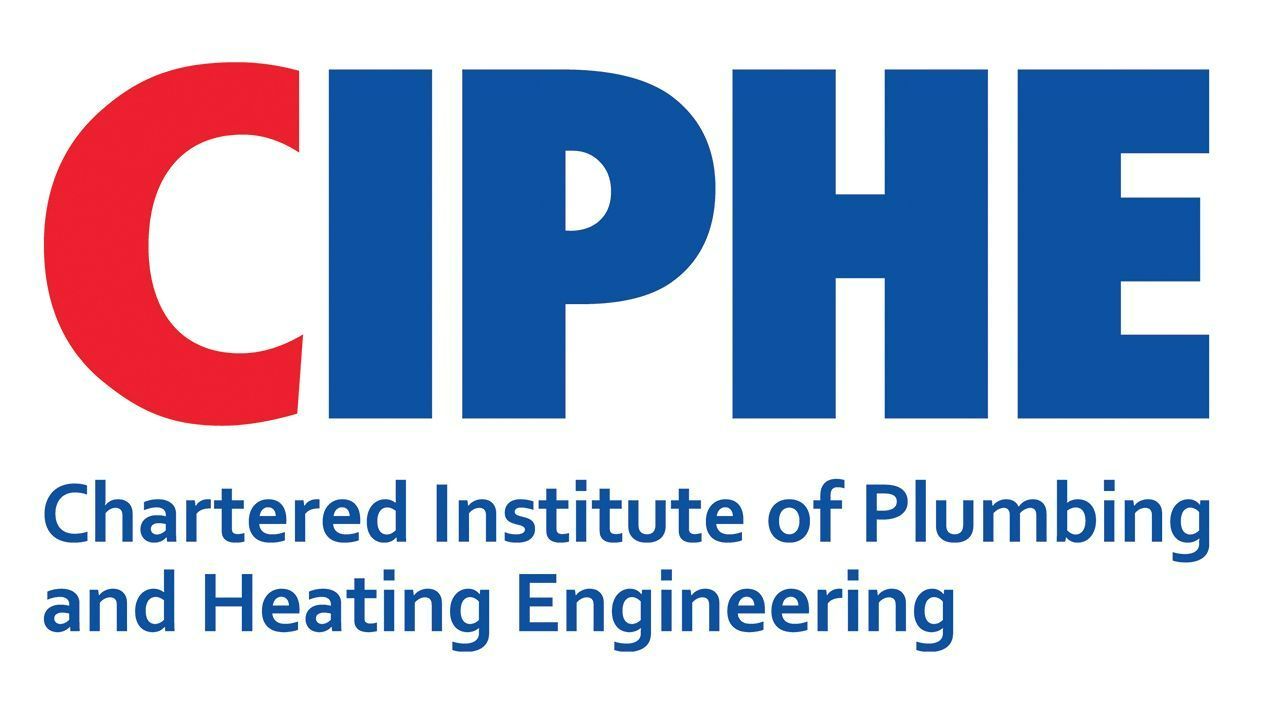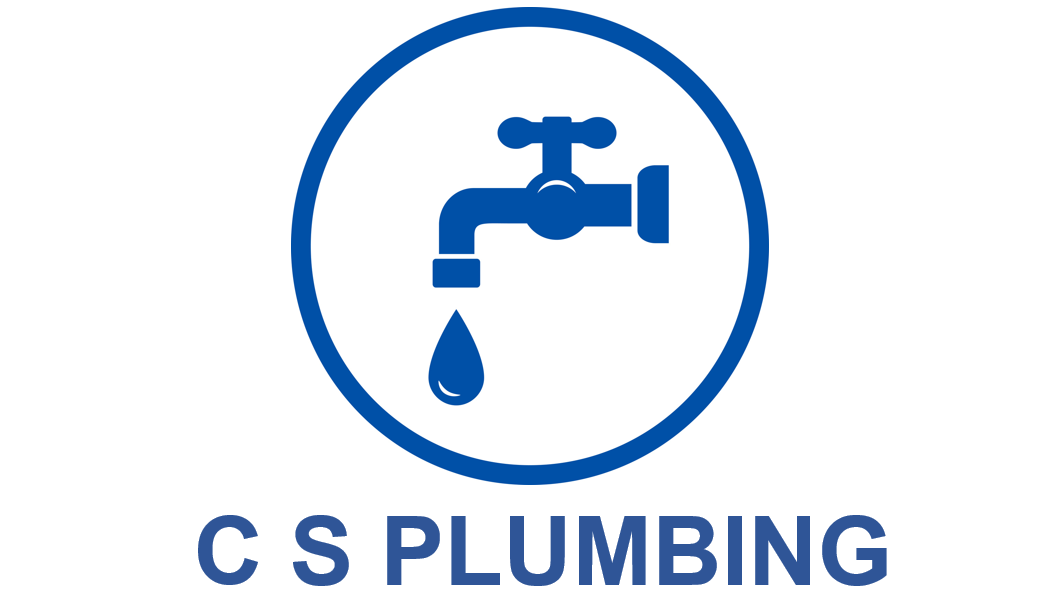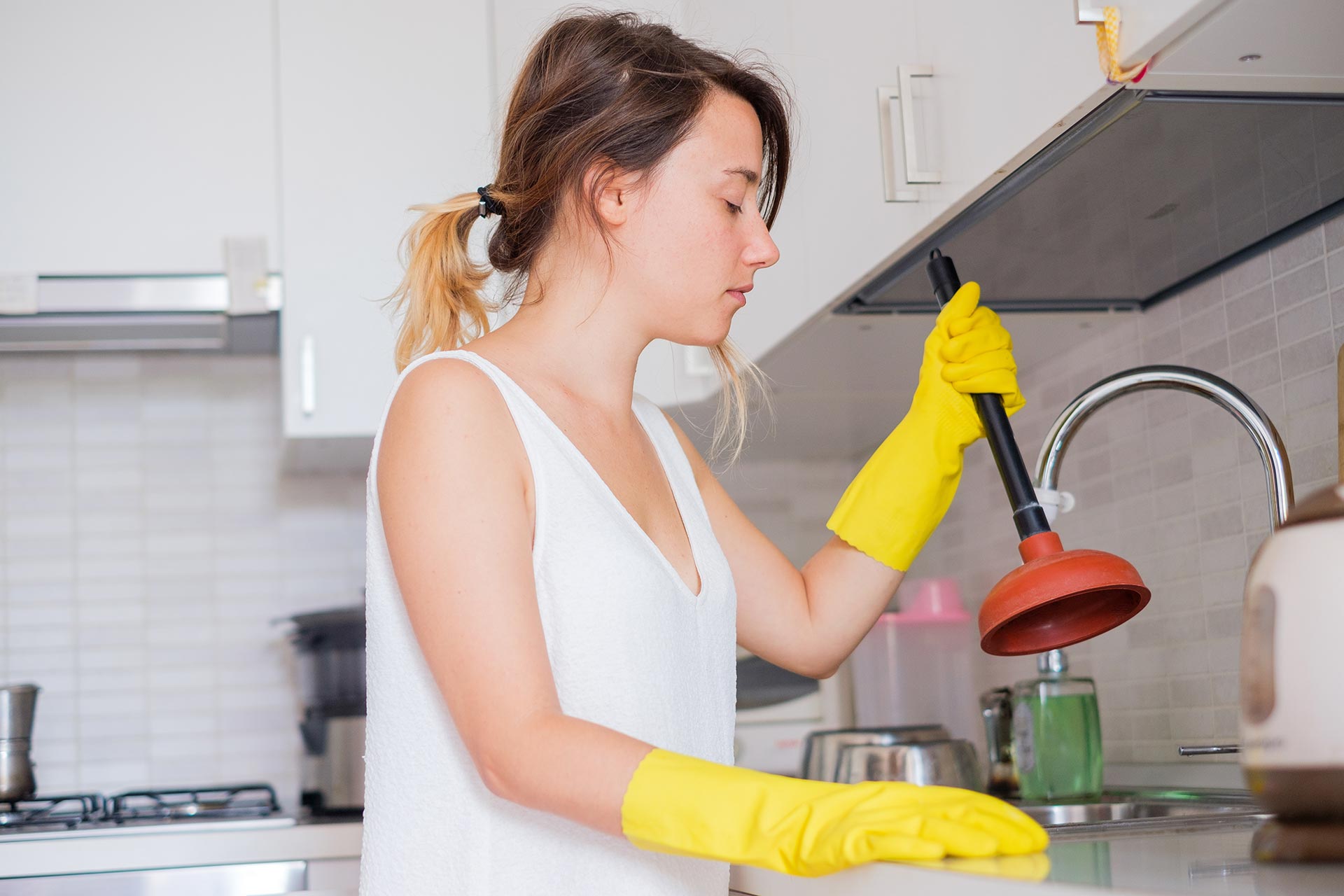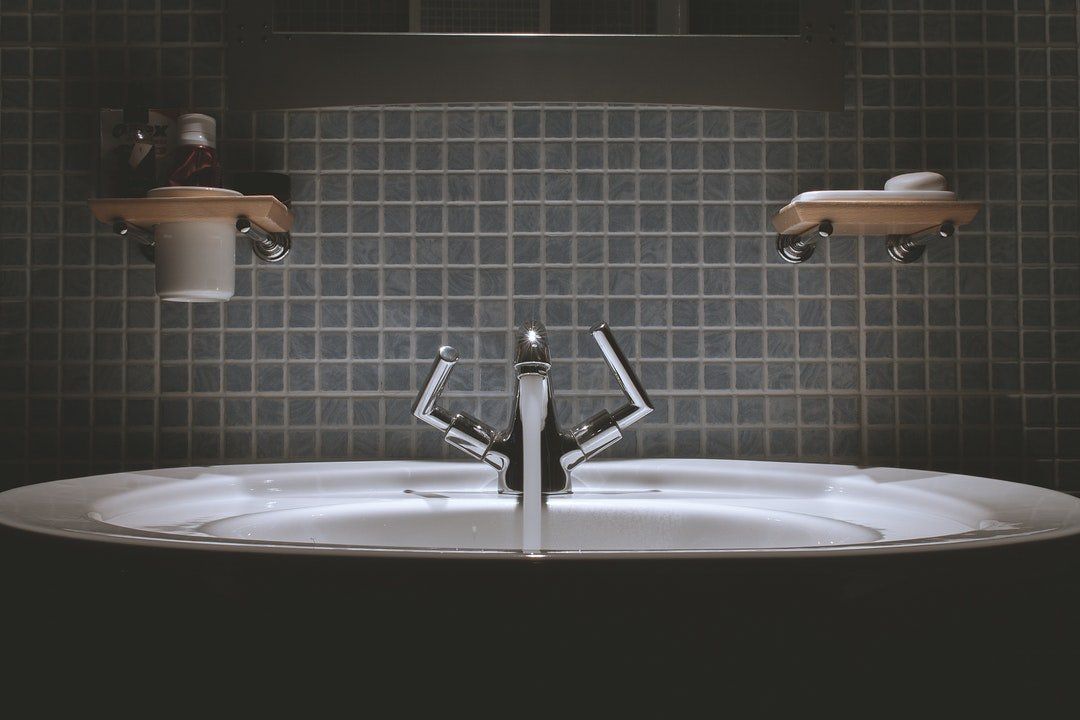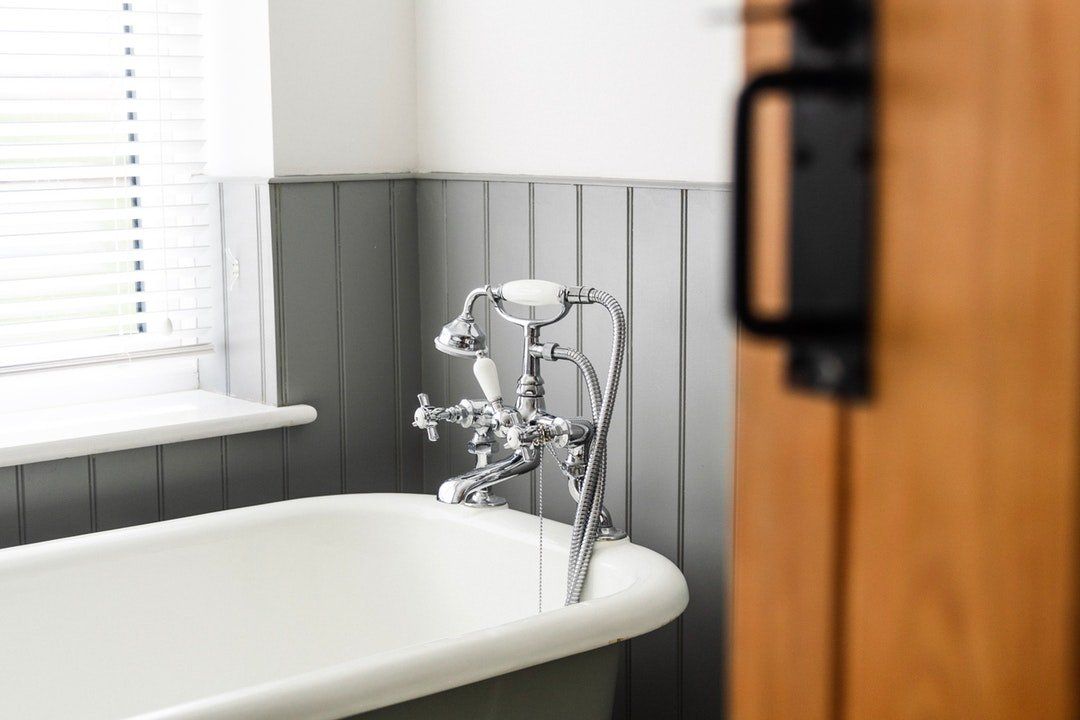Air source heat pumps
The way we heat our homes is changing
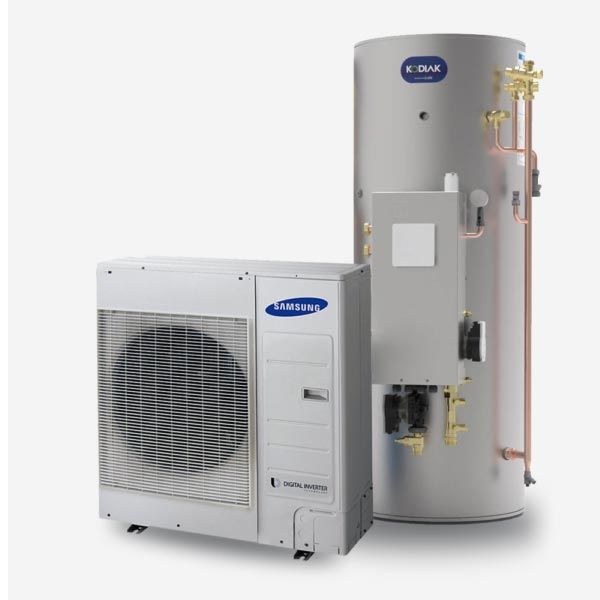
The BBC reported in August 2023 that in 12 years time you probably won't be able to buy a gas boiler, as we move away from fossil fuel power towards electricity based heating systems. The government is planning to ban the sales of gas boilers by 2035. The front runner in replacing boilers is the air source heat pump as they are very efficient, especially if your home is well insulated and has double glazing. The government plans to have 600,000 heat pumps installed every year by 2028, that said there is a shortage of plumbers and heating engineers to fulfil this need. The UK has 4000 trained heat pump installers whereas we need 33,000 to meet the target. Due to this Chris will be training in heat pump installation in 2024/5.
There is a grant available to pay for part of the heat pump and the installation costs - the Boiler Upgrade Scheme has been extended up to 2028 and is up to £5000. VAT on heat pumps has been cut to 0% until 2028.
Heat pumps operate quietly on the outside of your home and generally they last about 20 years compared to a gas boiler which last about 10 years. An air source heat pump, sometimes referred to as an air-to-water source heat pump, transfers heat from the outside air to water, which heats your rooms via radiators or underfloor heating. It can also heat water stored in a hot water cylinder for your hot taps, showers and baths. Heat from the air is absorbed into a fluid. This fluid then passes through a heat exchanger into the heat pump, which raises the temperature and then transfers that heat to water.
Air source heat pumps are 300-500% more efficient than a gas boiler, but as they use electricity they cost (based on prices summer 2023) four times more than a gas boiler to run. However according to the Climate Change Committee gas will be 50% more expensive by 2030 and electricity is predicted to become cheaper from it's current price of 30.11 p per kWh to 11-12 p per kWh in the future.
Is an air source heat pump right for me?
Air source heat pumps are suitable for many types of homes and are the most common type of domestic heat pump, with tens of thousands of installations across the UK. However, there are a few things you should consider before deciding whether a heat pump is right for you.
Do you have somewhere to put it?
You’ll need a place outside your home where a unit can be fitted to a wall or placed on the ground. It must have some space around it to allow a good flow of air.
There are two types of air source heat pumps: monobloc and split systems. A monobloc system has all the components in a single outdoor unit, with pipes carrying water to the central heating system and a hot water cylinder inside your home. A split system separates the components between indoor and outdoor units. Whether a monobloc or split system is right for you will depend on your budget and the space available.
Monobloc systems tend to be cheaper and quicker to install and don’t take up as much space in your home, although they are generally slightly less efficient than split systems. The efficiency gain from split systems comes from some of the heat transfer taking place inside the building where it is warmer, resulting in less heat being lost. If you’re not limited by space inside your home, it may be worth the extra cost of installing a split system. Your installer should be able to talk you through your options and help you choose the design that works best for you.
How loud is a heat pump?
The external unit for a heat pump is identical for both monobloc and split heat pumps. Noise is created by large fans moving air across the heat exchanger. Unless the heat pump is working very hard (eg in cold weather or producing high temperature water), you can expect the noise to be a similar volume to a fridge, if you were standing within a couple of metres. You could easily hold a normal conversation next to it, without raising your voice. As it gets colder outside, this noise will increase while it’s operating, but should still allow you to hold a conversation easily, only raising your voice a little. The inside unit for a split system only contains valves and pumps and makes very little noise at all.
How will you heat the rooms in your home?
Most homes in the UK use radiators or underfloor heating to circulate hot water. If you don’t currently have radiators or underfloor heating, you will have to decide whether you’d like to install them. This is a great opportunity to make sure the system is optimised for a heat pump, resulting in lower running costs.
Do you have a hot water cylinder?
A standard heat pump doesn’t provide hot water on demand like a combi boiler, so you will need a way of storing hot water for when you need it. The size of hot water cylinder required will depend on the amount of hot water that your household typically uses, but the cylinder can usually be fitted inside any cupboard that measures around 80x80cm.
We have had an air source heat pump at home since 2015 - the government grant then was a much more generous 100% of purchase and installation. It reduced our heating bill by half as we replaced an oil boiler and 25 year old radiators. By far the biggest bonus for us - as a family of four - was the much improved supply of hot water which meant that we no longer had to wait 2 hours between filling a bath! Air source heat pumps have improved since 2015, they have become even more efficient, smaller and can be used with smaller more efficient radiators.

